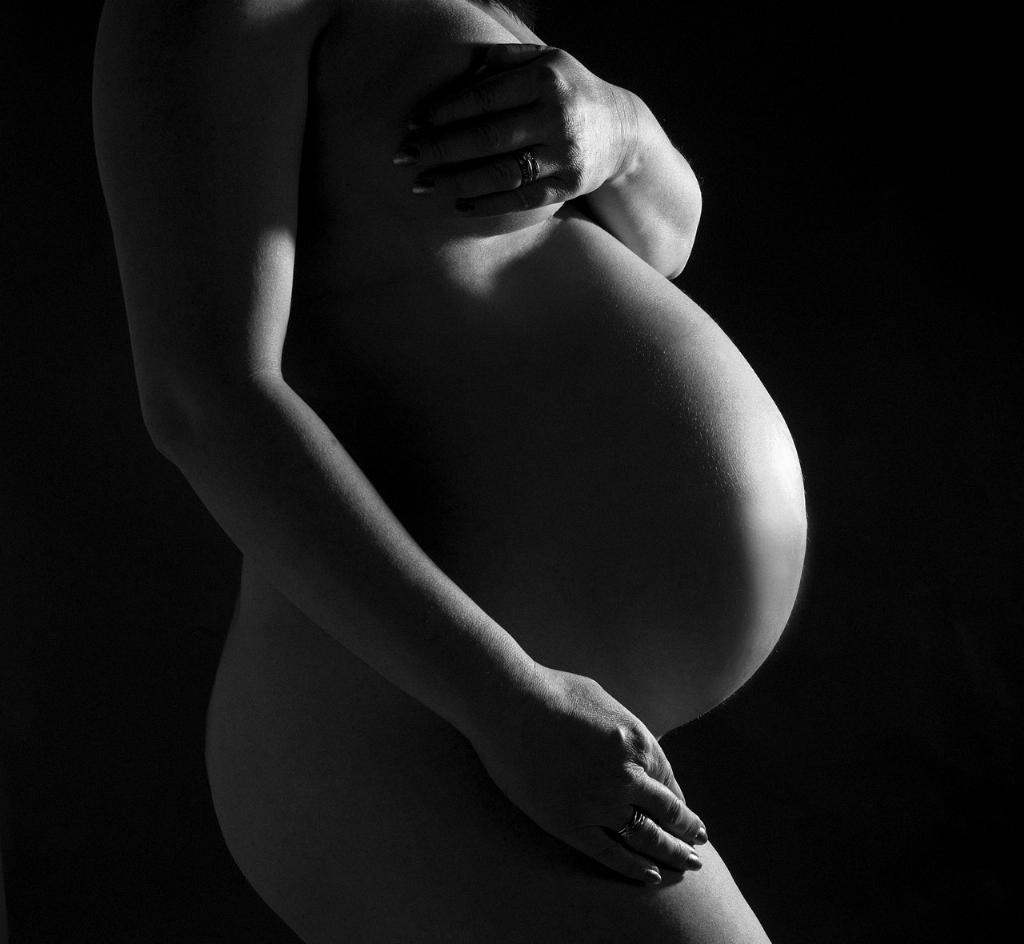After giving birth, many women experience significant hormonal changes as their bodies work to recover and adjust. One common question that arises is how long it takes for these hormones to balance out post-pregnancy. Let’s delve into this topic and explore the timeline for hormonal balance after childbirth.
The Role of Estrogen and Progesterone
Estrogen and progesterone are two key hormones that play crucial roles during pregnancy. Following childbirth, these hormone levels gradually decrease and return to baseline levels. This process typically takes around 6 months for most women.
Impact on Menstruation
As hormone levels stabilize, many women experience their first postpartum menstruation around the 6-month mark. This is a significant indicator that the hormones are starting to balance out, allowing for a return to a regular menstrual cycle.
Individual Variations
It’s important to note that the timeline for hormonal balance can vary among individuals. Factors such as breastfeeding, stress levels, and overall health can impact how quickly hormones return to normal levels.
Effects on Mood and Energy
Fluctuating hormone levels post-pregnancy can also affect mood and energy levels. As hormones begin to balance out, many women report feeling more emotionally stable and having increased energy compared to the early postpartum period.
Physical Recovery and Hormonal Balance
Physical recovery plays a significant role in the process of hormonal balance after pregnancy. Adequate rest, nutrition, and postpartum care can support the body in regaining hormonal equilibrium.
Role of Oxytocin
Oxytocin, often referred to as the “love hormone,” is another key player in postpartum hormonal changes. This hormone helps promote bonding between mother and baby and plays a role in breastfeeding. Oxytocin levels typically remain elevated in the early postpartum period.
Long-Term Hormonal Changes
While most women’s hormone levels return to baseline around the 6-month mark, it’s essential to recognize that hormonal changes can continue beyond this timeframe. It’s not uncommon for hormone levels to fluctuate during the postpartum period and even throughout the first year post-delivery.
Seeking Support and Guidance
If you have concerns about your hormone levels or are experiencing persistent symptoms such as mood swings, fatigue, or irregular periods, it’s crucial to seek support from your healthcare provider. They can offer guidance and recommendations to help you navigate the hormonal changes after pregnancy.
Self-Care Practices
Engaging in self-care practices such as proper nutrition, exercise, and stress management can also support hormonal balance during the postpartum period. Taking care of your physical and mental well-being can aid in the overall hormonal recovery process.
Embracing the Changing Body
It’s important to embrace and honor the changes your body undergoes during the postpartum period. Recognizing that hormonal fluctuations are a natural part of the process can help you navigate this transformative time with greater ease and self-compassion.
Conclusion: Navigating Hormonal Changes After Pregnancy
In conclusion, the timeline for hormones to balance after pregnancy is typically around 6 months, with estrogen and progesterone returning to baseline levels. Understanding the role of hormones, the impact on menstruation, and the importance of self-care can support you in navigating this period of hormonal recovery. Remember to seek support if needed and approach the process with patience and self-kindness.

